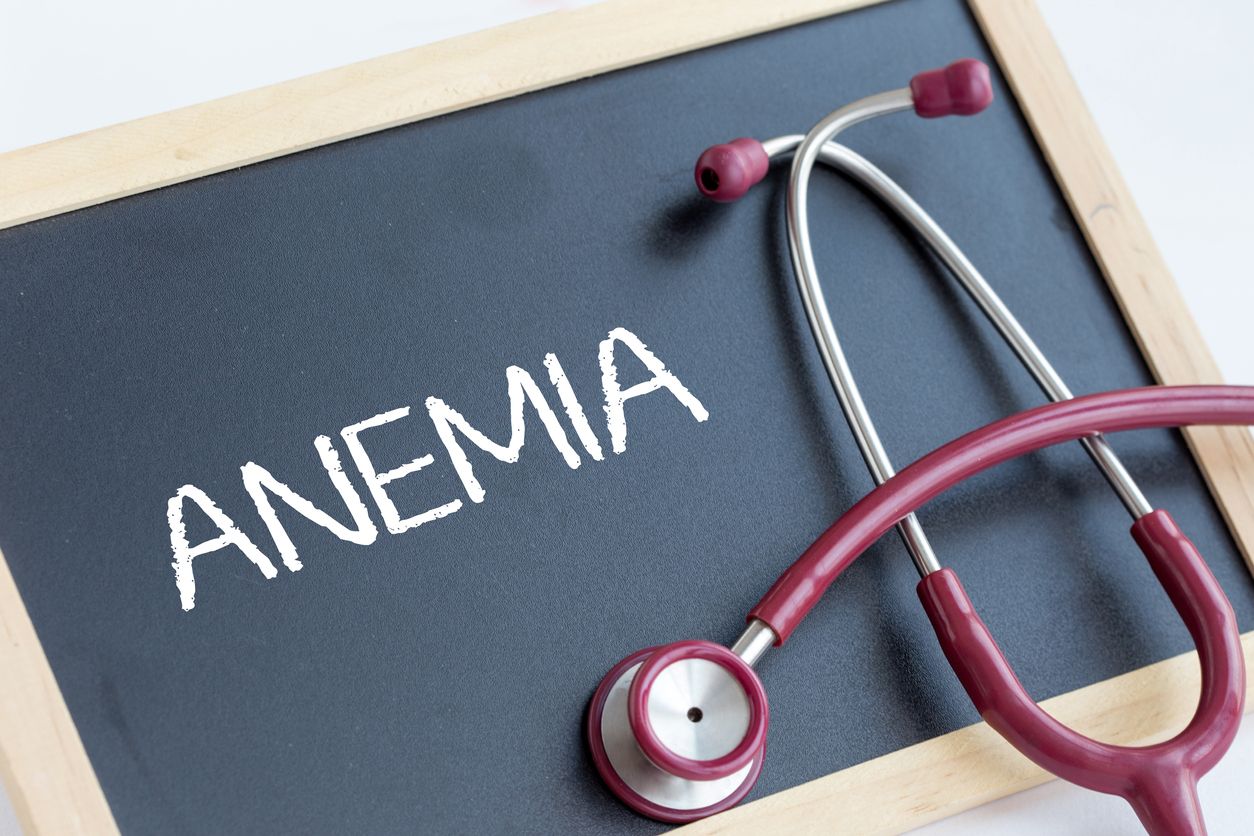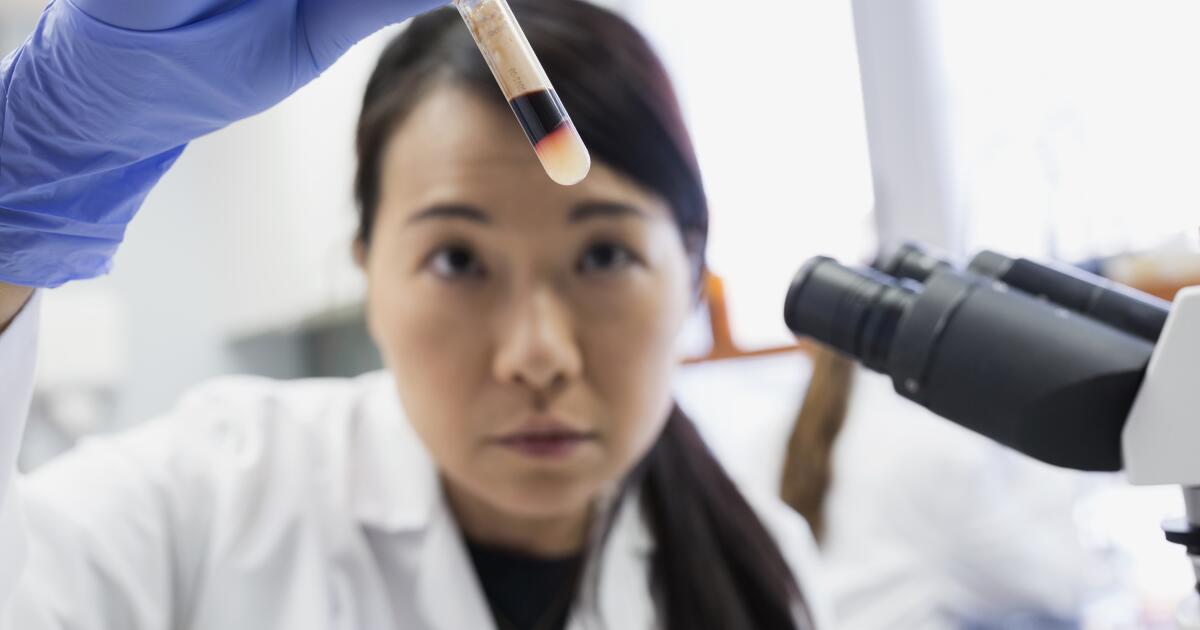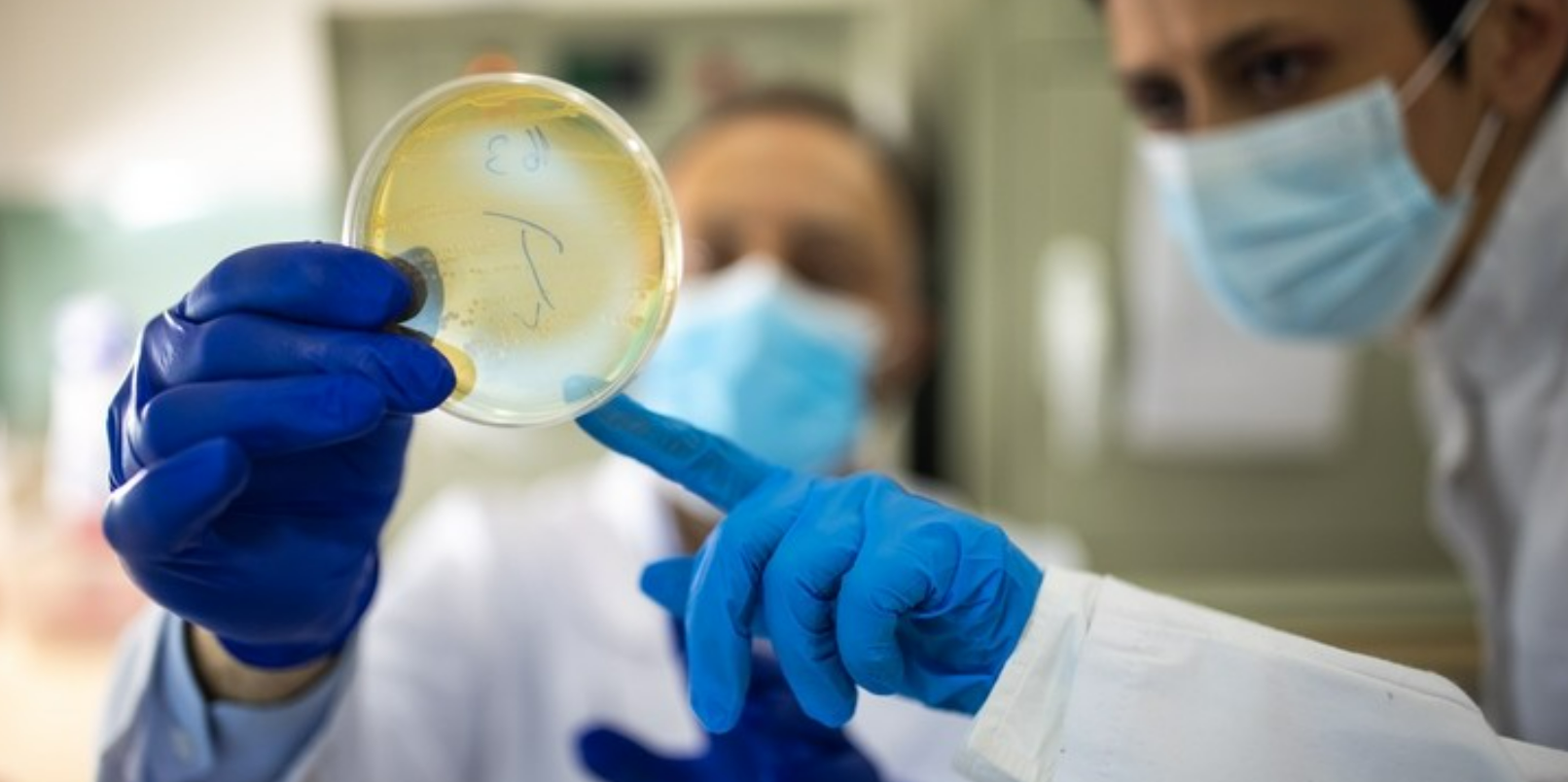Foods To Avoid For Optimal Kidney Health
Maintaining a balanced and healthy diet is important for optimal kidney health. If you have kidney disease or want to prevent it there are certain foods you should limit or avoids.
Here are some of them:
Sodium (Salt):
High sodium foods can increase blood pressure and cause the kidneys to work harder. It's recommended to limit processed foods canned goods fast food and certain sauces and seasonings which tend to be high in sodium.
Potassium:
While potassium is important for muscle function and heart health too much of it can be harmful if your kidneys are not fully functional. If your doctor has recommended a low-potassium diet you should limit foods such as bananas oranges potatoes tomatoes and dried fruits.
Phosphorus:
Excessive phosphorus can be harmful to your kidneys. Limit foods high in phosphorus such as red meat dairy products processed foods and beverages like cola.
Protein:
While necessary for body functions excessive protein can put extra strain on the kidneys. People with kidney disease are often advised to limit their protein intake.
Sugary Foods:
Foods high in sugar can lead to weight gain and increase the risk of diabetes which in turn can lead to kidney disease. Limit sweets sugary drinks and processed foods high in added sugars.
Alcohol:
Regularly consuming large amounts of alcohol can damage your kidneys and lead to kidney disease. It’s important to drink in moderation.
Caffeine:
Too much caffeine can cause high blood pressure which can damage the kidneys over time. Try to limit drinks like coffee tea and soda.
Processed Foods:
These are often high in sodium phosphorus and added sugars. Examples include fast food ready meals and certain snack foods.
Certain Seafood:
Some fish and shellfish are high in purines which can increase the uric acid in your blood and can cause kidney stones.
Always remember that everyone is different and dietary restrictions may vary depending on your individual health stage of kidney disease and any other medical conditions you have. Always consult with a healthcare professional or a registered dietitian before making major changes to your diet.
1 Dark sodas
High quantities of phosphorus in dark-colored drinks can be detrimental to people with kidney disease. While calcium vitamin D and phosphorus are all essential for the development of strong bones those who have kidney illness won't be able to metabolise phosphorus effectively enough to get the full benefits. Phosphorus builds up in the blood as a result of this which can weaken bones and cause joint discomfort. There are several milder sodas and lemonades that people may be able to sip on if they still occasionally crave a bubbly beverage. Patients should discuss whether they can safely include these in their diet with their doctor and nutritionist.
2 Processed Meat
Due to their high protein sodium and preservative content processed meats including hot dogs sausages pepperoni salami lunch meat and beef jerky should be avoided by people with kidney disease or impaired kidney function. Processed meat can easily push renal disease patients over the daily sodium limit which is typically advised to be kept to 2000 milligrams or fewer. Additionally the greater protein levels may be more difficult for kidneys in poor condition to digest. People should choose quantities of fresh lean meat that meet the recommended daily intake of protein from their doctor or dietician rather than processed meat.
3 Pickled foods
Pickled foods relishes and olives can all contain a shocking amount of sodium. Too much sodium in the diet makes the kidneys work harder to process which may cause more kidney damage and reduced function. Pickled cucumbers can have 300 milligrams of salt in even a tiny portion. Olives for instance are frequently treated with sodium to increase flavour and minimize a bitter taste so just a few could account for a sizable amount of a person's recommended daily intake of sodium. Even while low-sodium pickles and relishes are widely available they might still have high potassium and salt content so it's best to limit how often you consume them.
4 Food in Cans
Although canned goods such soups and vegetables are practical and suitable for many hectic lifestyles the way they are processed often results in their having high sodium content. Although most grocery stores provide lower-sodium versions people should still watch their salt intake carefully and restrict their use because these are also high in potassium which can be harmful. To reduce the sodium content try cooking soups and stews from scratch with fresh herbs and spices. These can frequently be frozen and reheated at a later time by individuals. Although fresh or frozen vegetables and fish are preferable canned vegetables and fish can be rinsed to reduce some of the salt content.
5 High sodium condiments
Contrary to popular belief condiments high in salt are more prevalent. Even one tablespoon of ketchup can contain up to 160 milligrammes of salt. Soy sauce and teriyaki sauce which are frequently used in Asian cuisine can have up to 690 milligrammes of salt per tablespoon. By consuming these sauces people may very quickly consume more sodium than is healthy which may cause severe kidney damage. Try seasoning food using spices fresh herbs lemon juice or black pepper rather than relying on sauces or condiments containing a lot of sodium.
6 Avocados
Avocados are incredibly nutritious. They are an excellent source of healthful fats and are packed with vitamins minerals and phytochemicals. Sadly they might not be the best for the kidneys. Avocados are extremely high in potassium which the kidneys may find challenging to absorb. It's acceptable to occasionally decline guacamole because people with kidney issues will probably be advised by their doctors to avoid consuming too much potassium. Restrictive renal diets often have low levels of sodium potassium protein and phosphorus all of which are challenging for the kidneys to digest. Diets rich in these ingredients can cause renal disease later in life even in those with healthy kidneys.
7 Excessive Dairy
Dairy has historically been a contentious food. While some dietitians promote it as being nutritious wholesome and high in protein others would assert that it could be harmful to people's health. Regardless of one's position on the matter dairy products like milk have a lot of phosphorus and potassium. Both phosphorus and potassium as was already said can be challenging for our kidneys to digest. Large amounts of potassium and phosphorus as well as the extra protein included in dairy products cannot be processed by patients with certain types of renal disease. Any of these nutrients that accumulate in the blood might lead to issues with the body's organ systems. Milk made from nuts or rice may be a superior substitute for dairy.
8 Apricots
Because they are also heavy in potassium apricots are to blame. This fruit has 425 milligrammes of potassium per cup or roughly the same as a medium-sized banana. Although one avocado has more potassium than bananas and apricots it is still better to stay away from these items in general. A person with hyperkalemia a dangerous illness that can cause cardiovascular and digestive issues has too much potassium in their blood. This supports the earlier argument that people with kidney disease in particular should steer clear of foods high in potassium.
A daily potassium consumption of 3500 milligrammes or more is recommended in order to reduce the risk of high blood pressure strokes and osteoporosis. Unfortunately people with kidney illness cannot metabolise the mineral thus their meals need to be controlled to prevent them from also developing hyperkalemia.
9 Sweet potatoes
Similar to how dairy and the aforementioned fruits can be harmful to someone's kidneys sweet potatoes are another food high in potassium. Although diets high in protein phosphorus and potassium are tolerated by healthy kidneys renal health can be improved if these nutrients are consumed in moderation. Eating less can help people prevent kidney illness completely because renal disease patients are put on specific diets that restrict their intake of these substances. Many of the items already mentioned on this list including foods like sweet potatoes are very healthy; nonetheless considering the long-term effects it may be prudent to partially avoid hazards that could eventually result in renal failure.
10 Specific Supplements
It is crucial to steer clear of foods high in potassium phosphorus and protein because we already know that these nutrients may be risky for our kidneys. People should also stay away from supplements that contain a lot of potassium for example. People should exercise caution when taking vitamins because other nutrients can also lead to issues.
Some supplements including chromium picolinate a herb known as willow bark and pennyroyal a herb used to treat colds have been discovered to be toxic to the kidneys. Vitamins that are fat-soluble like vitamin D can also be hard on the kidneys. It's crucial for patients to talk to their doctors about supplements.






